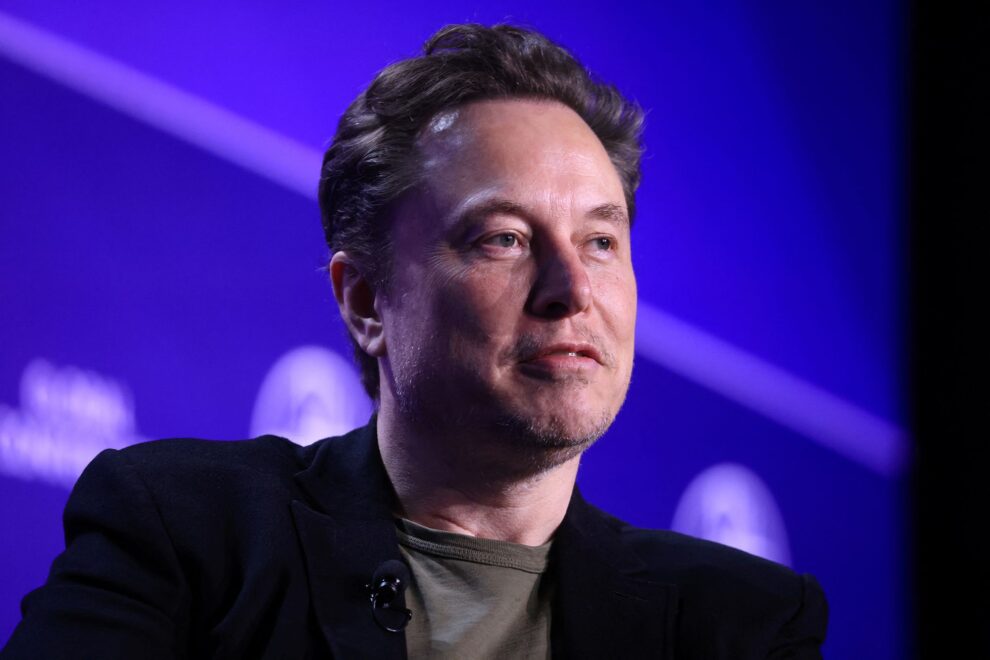In the heated atmosphere of the 2024 US elections, Elon Musk’s recent actions have ignited widespread concern and debate. Utilizing advanced artificial intelligence technologies, Musk has escalated his attacks on Vice President Kamala Harris, deepening the political divide with AI-generated content that blurs the lines between parody and misinformation.
Elon Musk, the CEO of Tesla and SpaceX, has leveraged AI to create and distribute misleading images and videos of Kamala Harris, portraying her in an unfavorable light. This campaign peaked around early September 2024, with most activities taking place on Musk’s social media platform, X. The images falsely depicted Harris in a communist uniform, and the videos included manipulated voiceovers making controversial statements, none of which Harris actually said. These actions raise significant ethical and legal questions about the use of AI in political discourse.
Detailed Analysis
The controversy began with a digitally altered video that Musk shared on X, which used AI to mimic Harris’ voice, claiming she made statements during her presidential campaign that she never did. This video, initially presented without clear disclaimers, was later identified as a parody. Musk’s sharing of an AI-generated image of Harris dressed as a communist ruler added fuel to the fire, drawing accusations of him using his tech prowess irresponsibly.
Musk’s actions didn’t go unnoticed. The AI-generated content reached millions, with some images and videos going viral, leading to public backlash and criticism from multiple quarters. Critics argue that Musk’s use of AI-generated media could seriously mislead voters and tarnish the democratic process. The spread of this manipulated content, despite X’s policies against such practices, underscores the challenges social media platforms face in curbing misinformation.
Implications and Ethical Considerations
The use of AI in crafting political narratives introduces new ethical dilemmas. The potential of AI to create realistic but wholly fabricated media could endanger public trust in genuine political communication. Musk’s actions exemplify how powerful tools, like AI, can be misused in the hands of influential figures, potentially undermining public discourse and influencing electoral outcomes.
As the 2024 elections approach, the intersection of technology and politics grows increasingly complex. Musk’s deployment of AI against Harris is a stark reminder of the double-edged nature of digital innovations. While AI holds great promise for improving life in many ways, its use in political arenas needs careful regulation and ethical guidelines to prevent harm and maintain democratic integrity.








